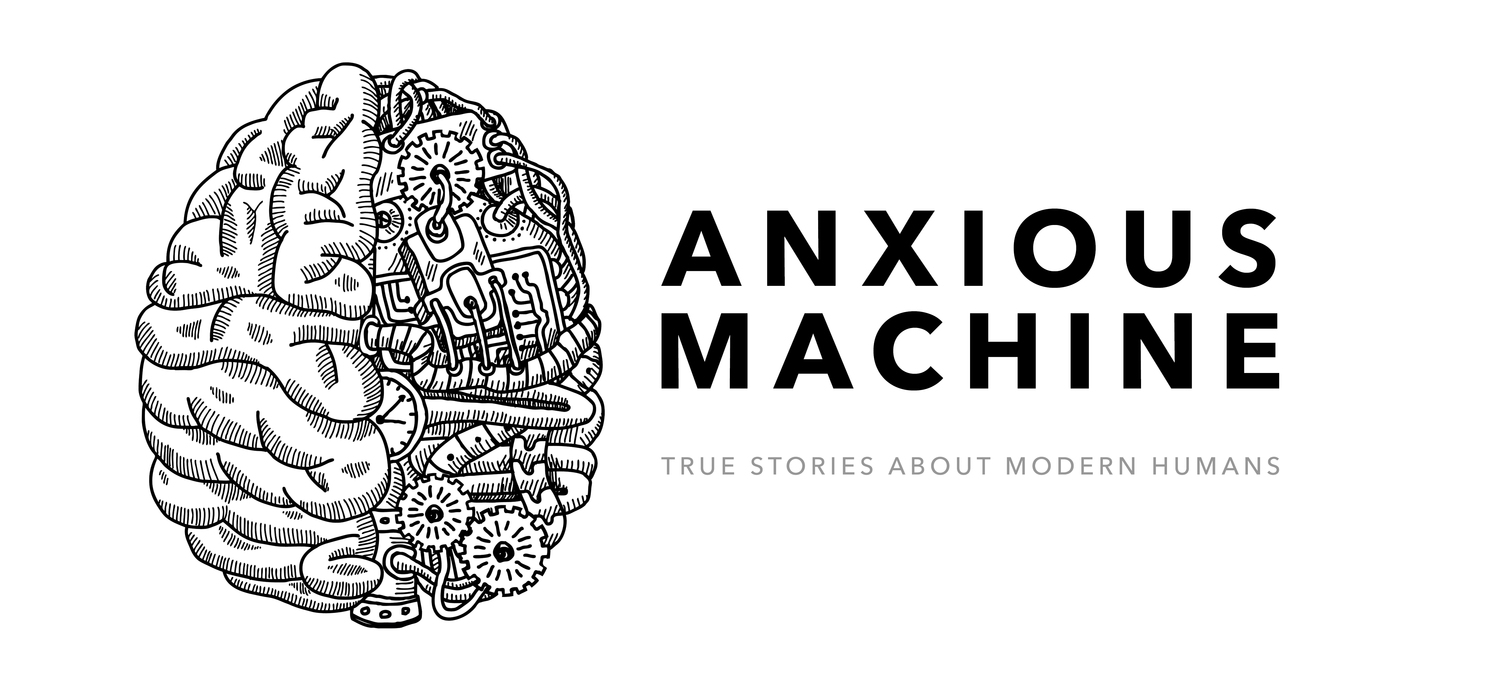I love what Shawn Blanc said about what Stephen Hackett said about what John Roderick said about focusing one’s attention on creating “primary source material,” rather than mere commentary.
By saying so, however, I fear that I’m engaging in mere commentary — in what Roderick calls, "This chattering sort of criticism and culture digestion that is so much of I guess what we call content — Internet content, which is just like, ’Oh, this just came out and now I’m talking about it and now I’m talking about this other guy who was talking about it.’”
But I’m not sure I would draw such a qualitative distinction between primary and secondary source material. Songs are not empirically better than linked list blog posts. I’d rather read a brief but beautifully crafted post on Kottke or Daring Fireball than listen to a lot of the songs currently on the radio. What matters is the intention, the craft, the effort behind what you make. A close reading of Roderick’s words suggests he might agree.
You know, if you’re making a song, or if you’re writing a story, that is source material. It’s primary. It’s the thing that did not exist before. You’re not commenting. Presumably, your song is not commenting on some earlier song, or if it is, it’s doing it in an inventive way."
The French writer Michel de Montaigne has long been considered the inventor of the essay. The original meaning of the word “essay” was “stab” or “attempt,” because he would take an idea and poke at it from as many different angles as he could think of. He’s more recently been called the godfather of blogging, because he didn’t just write down his own thoughts. He constantly quoted from the authors he was reading and then reflected upon how their ideas comported with his own. He was a great writer but also a great reader and a great commentator. It’s a tradition carried on by bloggers like Kottke, whose work Tim Carmody once described as “watching an agile mind at work, one attached to a living, breathing person, and feeling like you were tapped into a discussion that was bringing together the most vital parts of the web.”
In a piece called Trapped by tl;dr (via Shawn Blanc again) Seth Godin wrote,
“There are thousands of times as many things available to read as there were a decade ago. It’s possible that in fact there are millions as many.”
That’s precisely why we need people who are great readers, people who can sort through the best of what’s out there, who can, in their own way, write songs about the songs we’re all inundated with. And do it in an inventive way.
